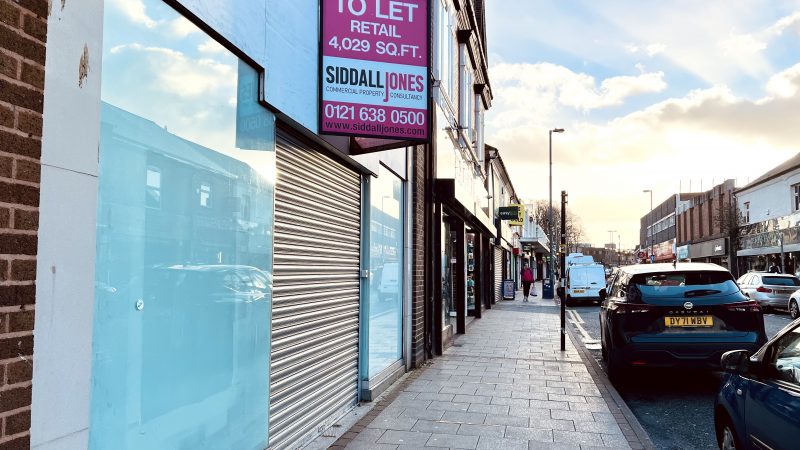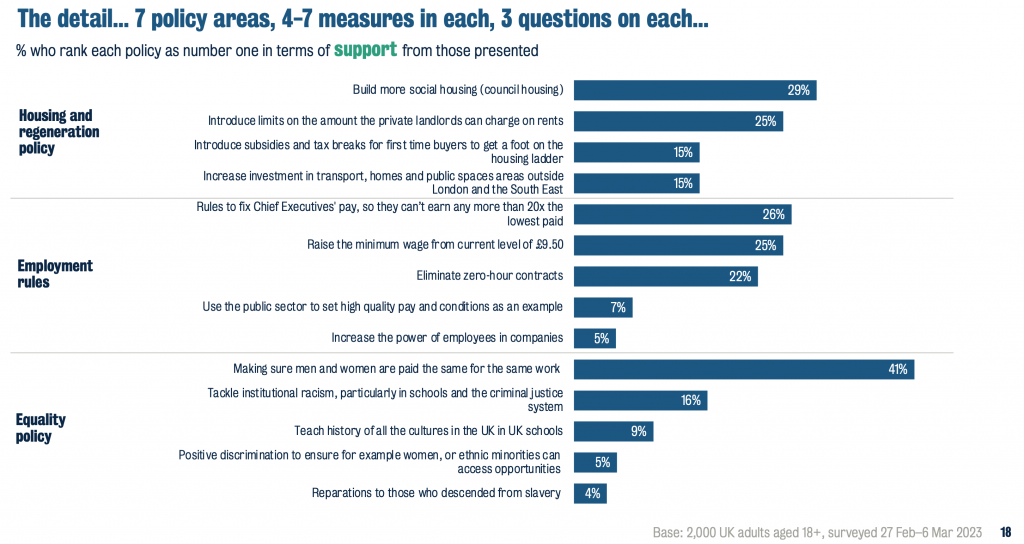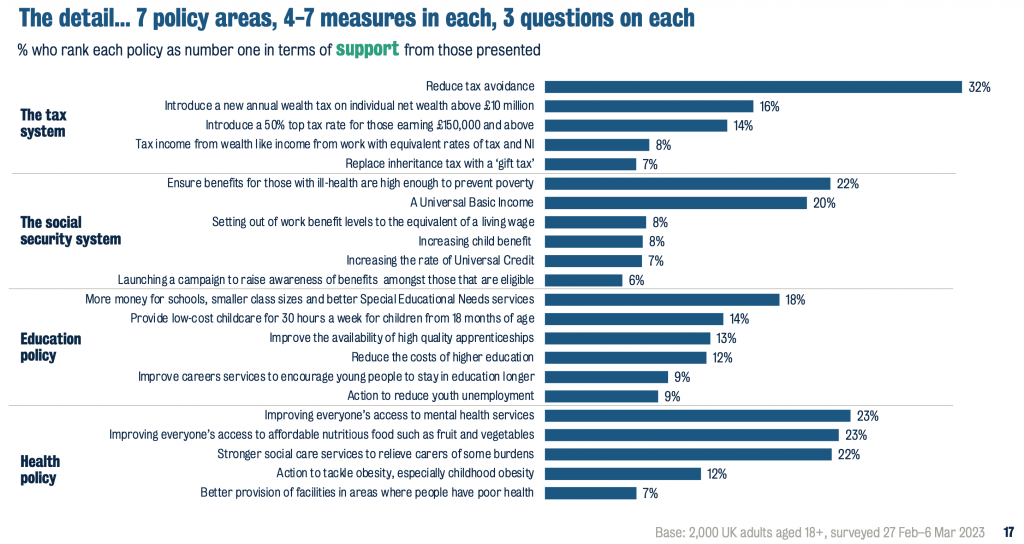
It is the biggest act of wealth destruction on record. We knew Trussonomics was a catastrophe, but now a new report has laid bare the bill; sky high interest rates, sparked by the Liz Truss budget, and the Tories’ losing fight against inflation has now sent up in smoke an incredible £2.1 trillion of household net worth in just two years.
Yet of course, it is not bad news for some. Because over the same period, 2021-2023, those luckiest enough to luxuriate in a place on the Sunday Times Rich List, including Rishi Sunak, have seen their wealth rise to £710 billion.
Just as new ONS figures reveal that one in 20 adults reported running out of food – and unable to afford more.
So, what ARE the best ideas for tackling poverty and inequalities in the UK today? And what are those policies that the public will vote for?
Ten years on from the Thomas Piketty’s landmark book, Capital in the 21st Century, we set out to pin down those answers. In a major project with the Policy Institute at King’s College London and the Fairness Foundation, the APPG on Inclusive Growth ran a huge poll to ensure that, before the manifesto writers get to work, we have on the table the best possible ideas for fixing poverty and tackling inequality.

First, we drew together the key ideas from a network of experts and built a catalogue of ideas that we then took to the public. The results are remarkable. Not least the new consensus we discovered between left and right, young and old, Brexiteers and Remainers.
People are realistic; they don’t see action in one area as being a ‘magic bullet’ for reducing inequality in Britain over the next ten years. Rather, the polling reveals broad public support for a wide range of potential solutions to poverty and inequalities across seven areas – employment, tax, social security, housing, health, education and equalities.
In the world of work, our poll revealed strong support for raising the minimum wage from £9.50 and an end to zero-hour contracts – and firm action to fix the gender pay gap.
Voters would like more social housing and some sort of limit on private sector landlord rip-offs. And people want a social security system that ensures that support for those with ill-health is generous enough to prevent poverty, together with campaigns to make sure that everyone knows what they are entitled to. There’s a surprising level of support for a universal basic income (though far fewer think it is ‘credible’).
People want more money for schools, smaller class sizes and much better support for children with special educational needs and disabilities, along with low-cost childcare, more high-quality apprenticeships and lower-cost university fees.
In the NHS, people want far better access to quality mental health services, along with better access to fresh food and far better support for carers.
And how to pay for this? Here too there are some surprises. Overwhelmingly, people want to see a crackdown on tax avoidance and tax havens – but there is also remarkable support for an annual wealth tax for the super-rich with assets of over £10 million – and a 50p rate of tax on incomes of over £150,000.

While there are differences between Labour and Conservative supporters, these are not huge – with large proportions of Conservatives recognising that inequality is caused by factors outside of individuals’ control and large proportions of Labour supporters recognising the role of individual talent and hard work.
But, just as the welfare state was built on the new consensus of 1945, it is possible that a new consensus is now being born before our eyes. After the horrors of the Second World War, the British people understood that the new peace required us to do things differently. And so, people of all political flavours, voted to create social insurance, a free NHS, and universal education. It is that consensus that has underpinned the public services we have today. It could be that after the trauma of recent years, a new consensus is waiting to be defined.




More from LabourList
‘Labour won’t win back left defectors with squeeze messaging alone’
‘Help shape the next stage of Labour’s national renewal through the 2026 NPF consultation’
‘AI regulation is key to Labour’s climate credibility’